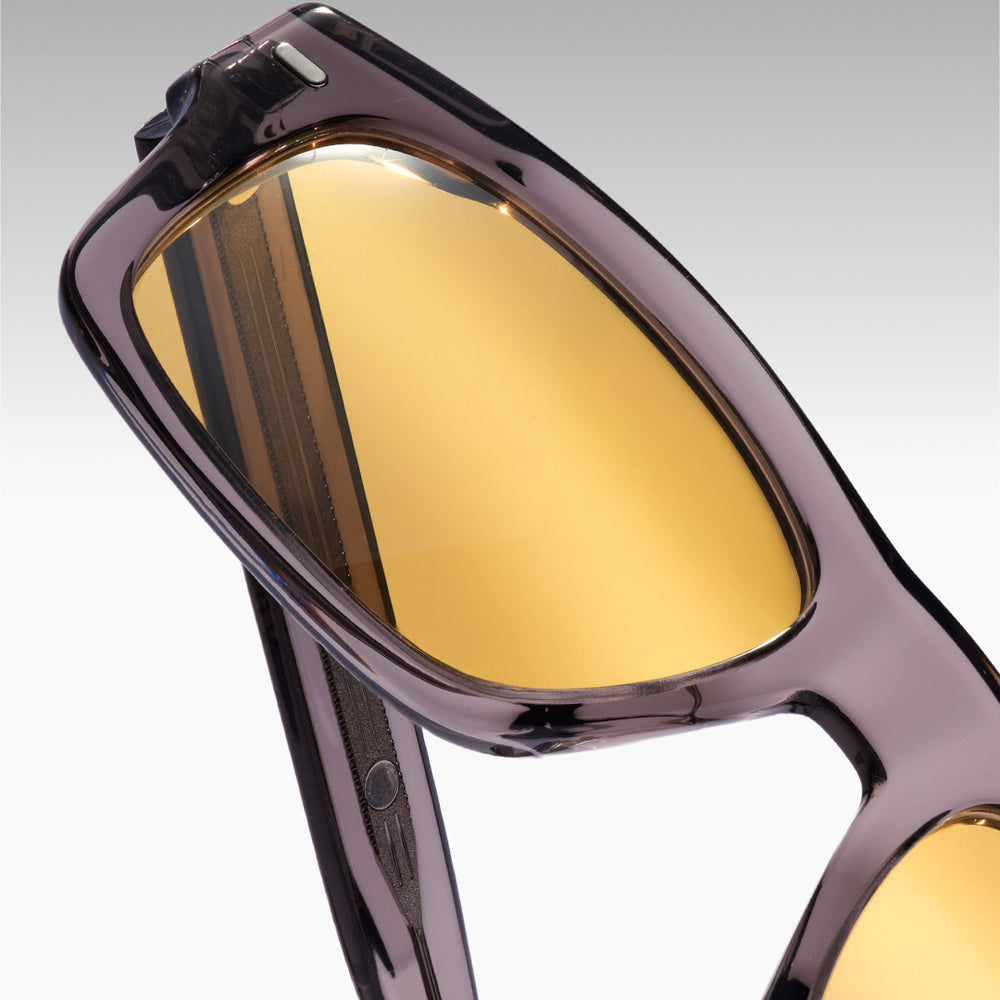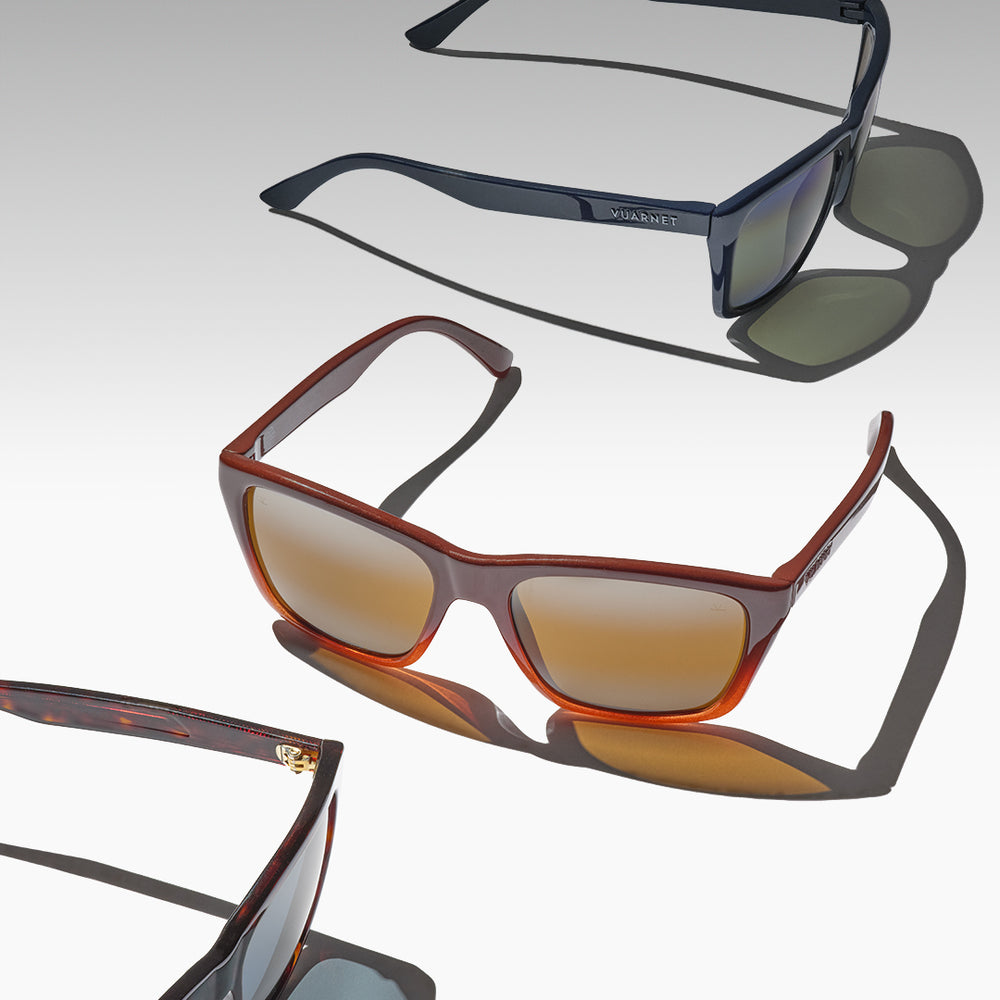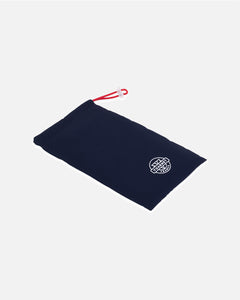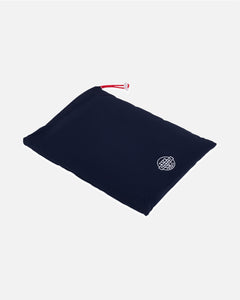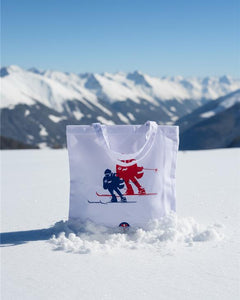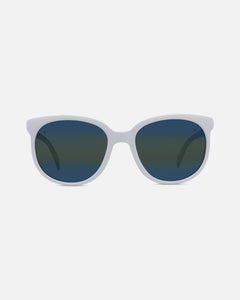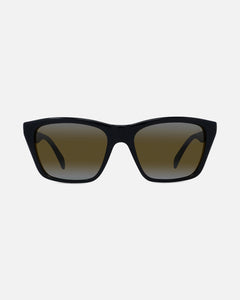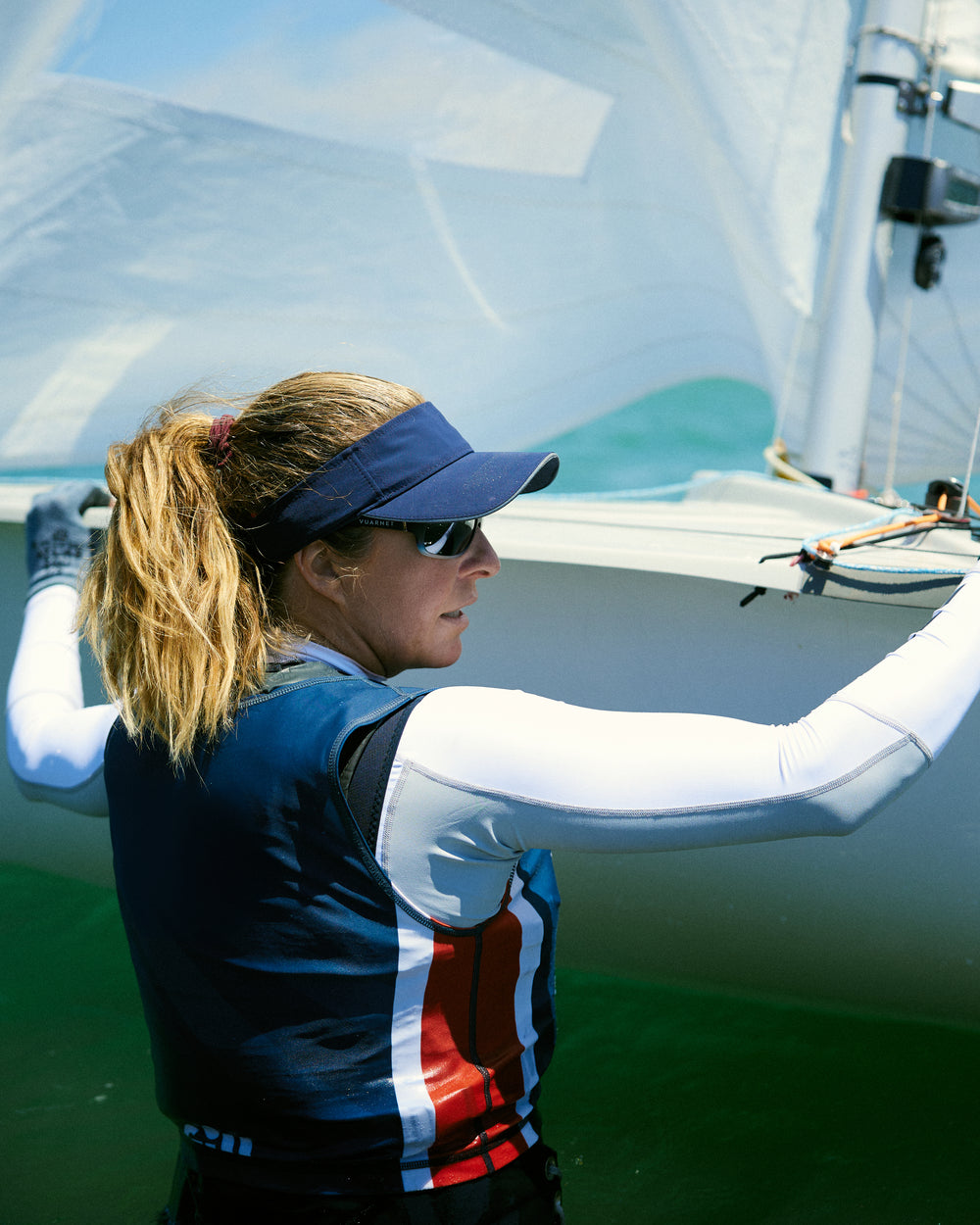
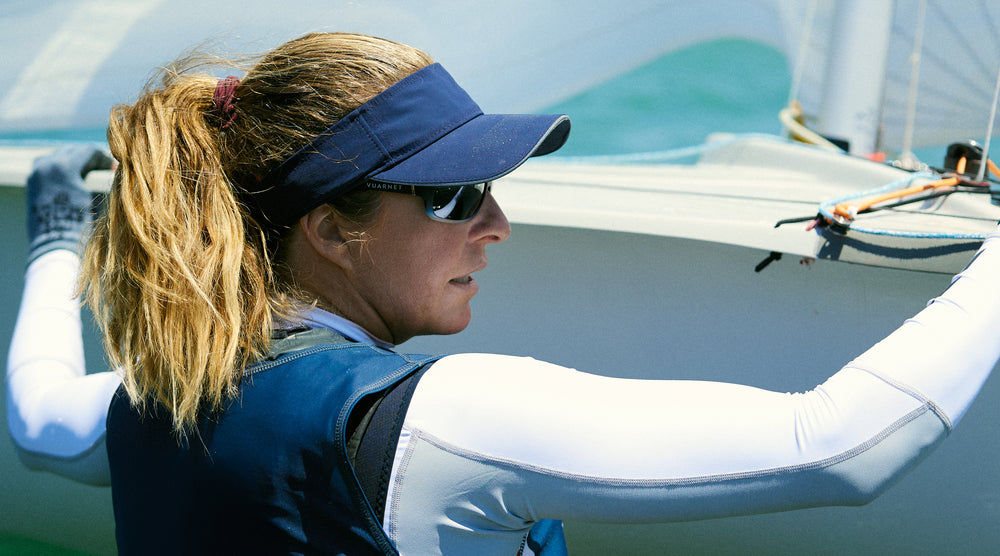
Vuarnet Fellow Lara Dallman-Weiss has been sailing since she was six-years-old and is competing in her second Olympics this summer. Her and teammate Stu McNay will race in the new 470 Mixed Dinghy event - a testament to the first-ever gender equal Games. Cheer them on beginning August 2 during the Paris 2024 Summer Olympic and Paralympic Games.
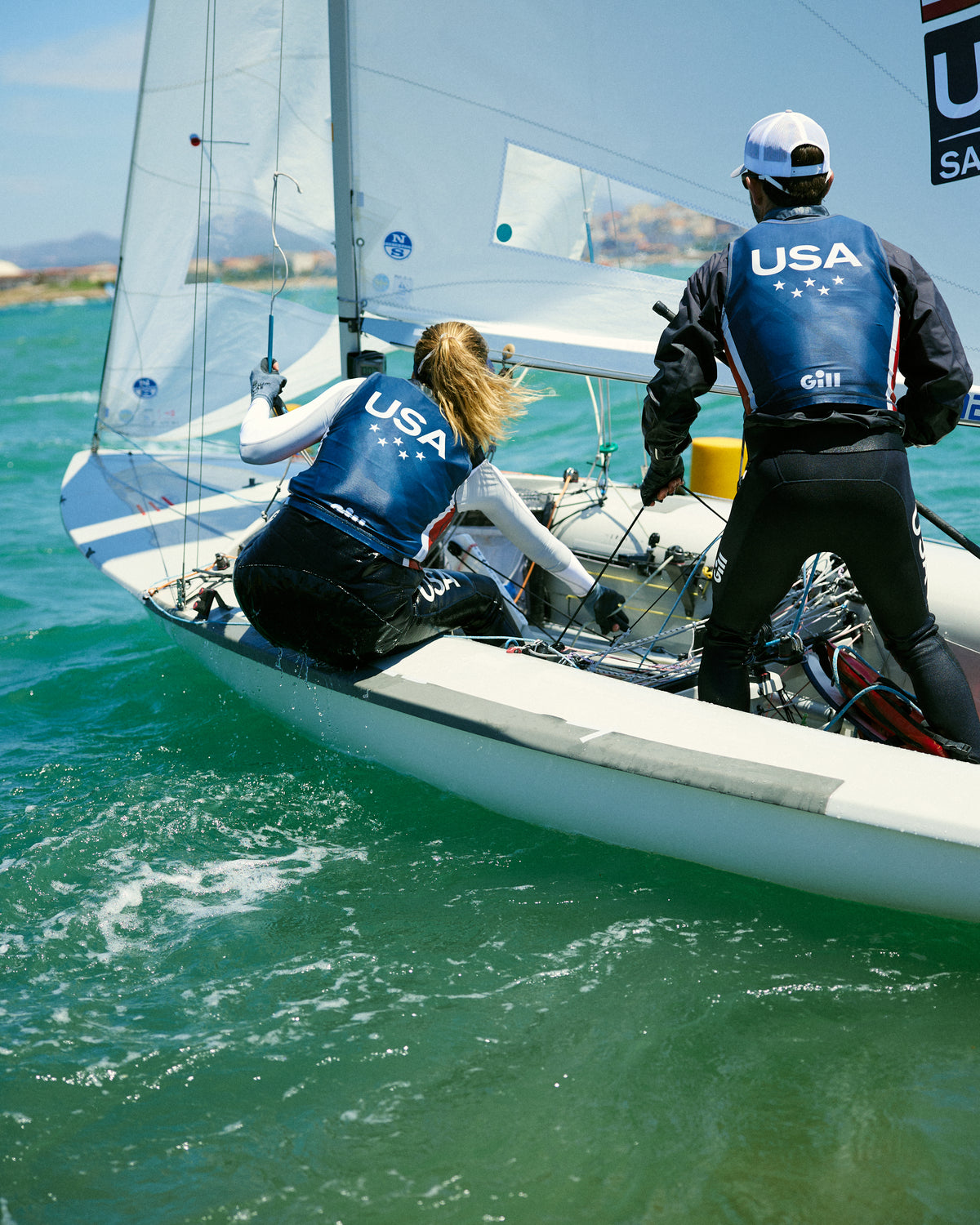
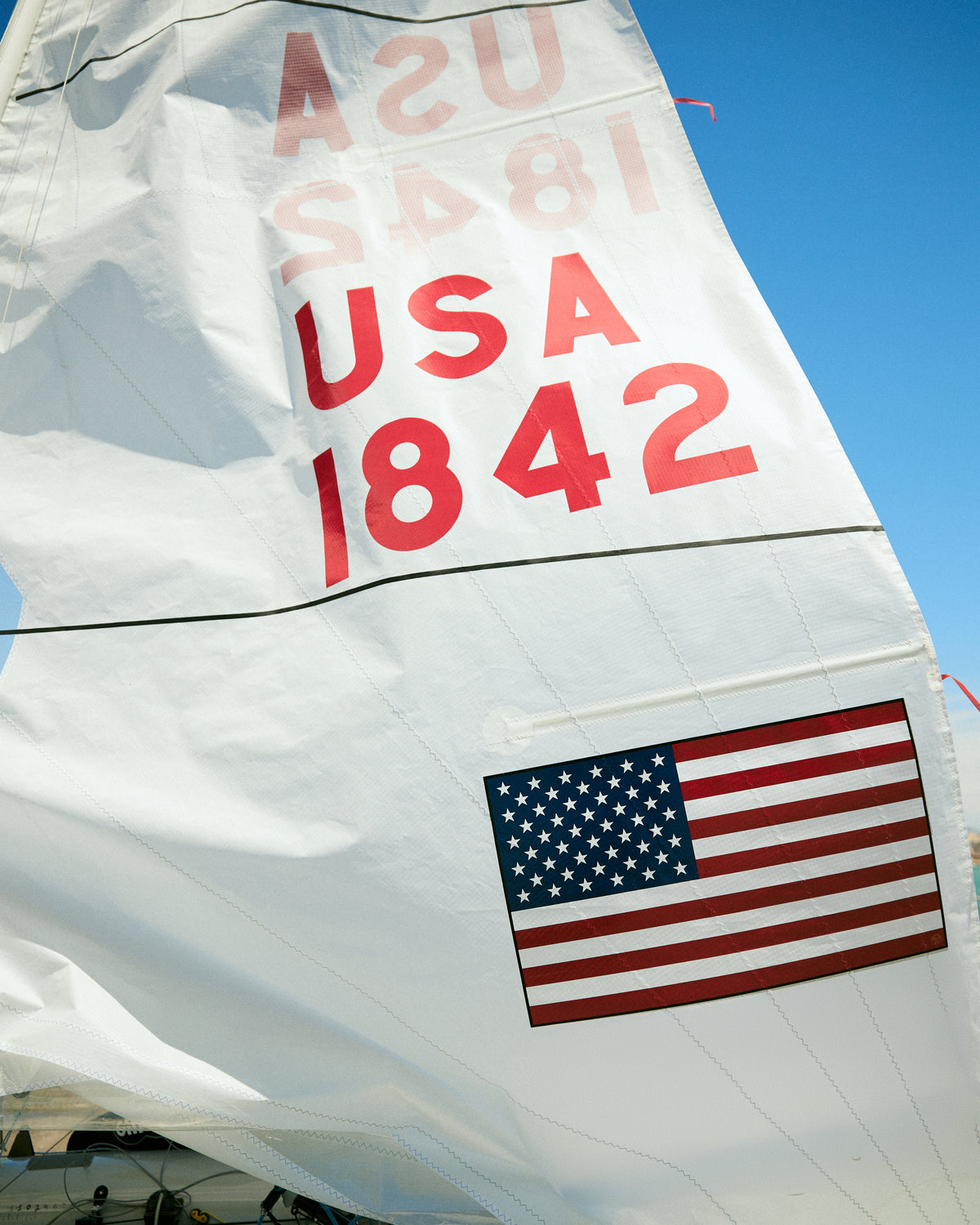

Where does the desire to chase an Olympic gold medal come from?
I'm chasing the little girl inside of me that loved playing sports, loved being outside, loved being with friends and was very curious.
How do you feel connected to the sea when you are sailing?
The sport of sailing is really unique in that when you're competing, you're in a single track mind. You're not thinking about anything else. There's no technology. You're just one with the waves and your competitors, and so I think it's a really beautiful place to be. You connect with every element out there. You really get to know the wind, the waves, sea life, and kind of become one, and it's a beautiful thing.

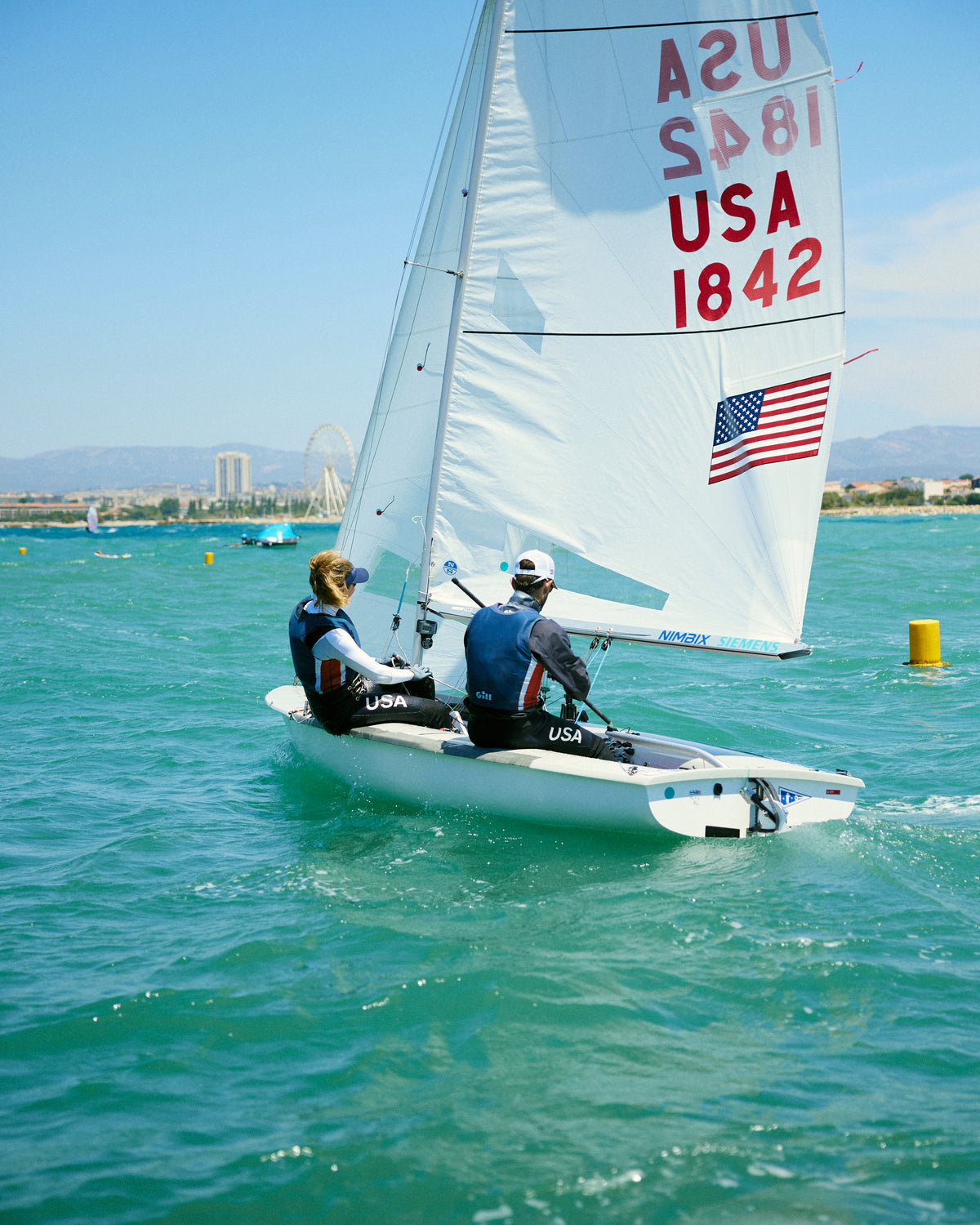
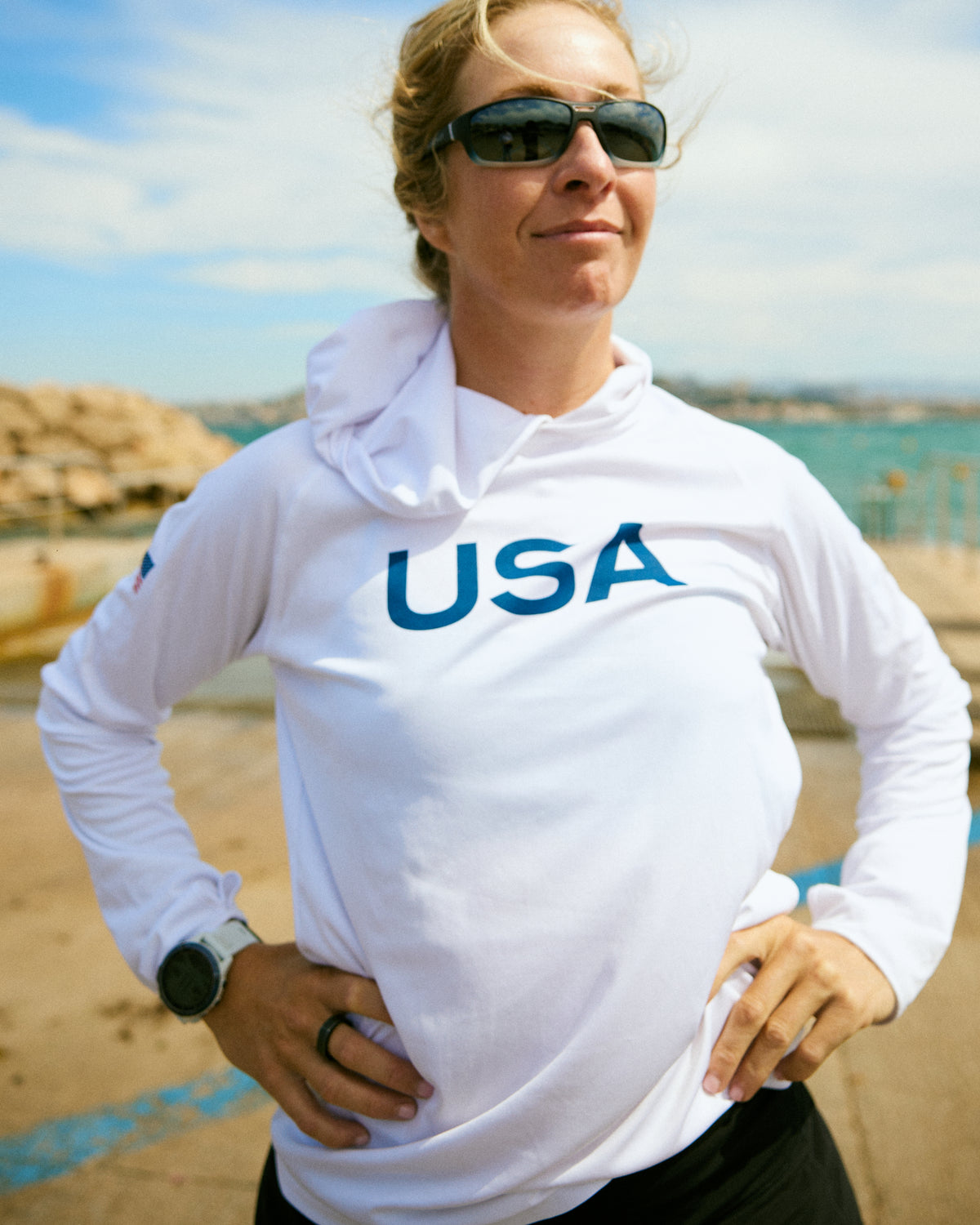
Can you describe the sensation of gliding on water in your boat?
When I'm gliding on water, I feel weightless and there's really nothing you can do but smile. It's like riding the biggest wave. You go really fast, and the boat takes off, and everything kind of becomes silent. It's euphoric.
I can't think of anything other than the sport of sailing where you're just singularly focused and also so enjoying the moment.
What does it mean to be competing in a new Olympic event?
It's a really cool feeling to be competing in a new event. Stu and I have both been sailing the boat for a long time now, but this is the first time it's mixed gender. It totally changes the way that we communicate in the boat and our sailing styles and just makes it a really fun new discipline.
This is a historic moment for not only Olympics being the first gender equal games, but for the 470 and for sailing to have the 470 be a mixed gender boat for the first time. And it's incredible to be a part of.
I can't think of anything other than the sport of sailing where you're just singularly focused and also so enjoying the moment.
What does heritage mean to you?
My grandfather on my mom's side fought in World War II and Vietnam. He was a pilot and he and I are very similar people. I loved him so much. I still do. He was a big tennis athlete and I just carry him with me and want to make him proud and want to kind of live the dream that he didn't get to live. So that's something that I always take with me.
I also think about the sport of sailing and the deep winning traditions that the U.S. has had. We were dominant in the sport of sailing in the Olympics for the longest time. I get a lot of confidence from the people that came before me just wishing us luck at the games. I feel a responsibility to get back on the podium again and make them proud.
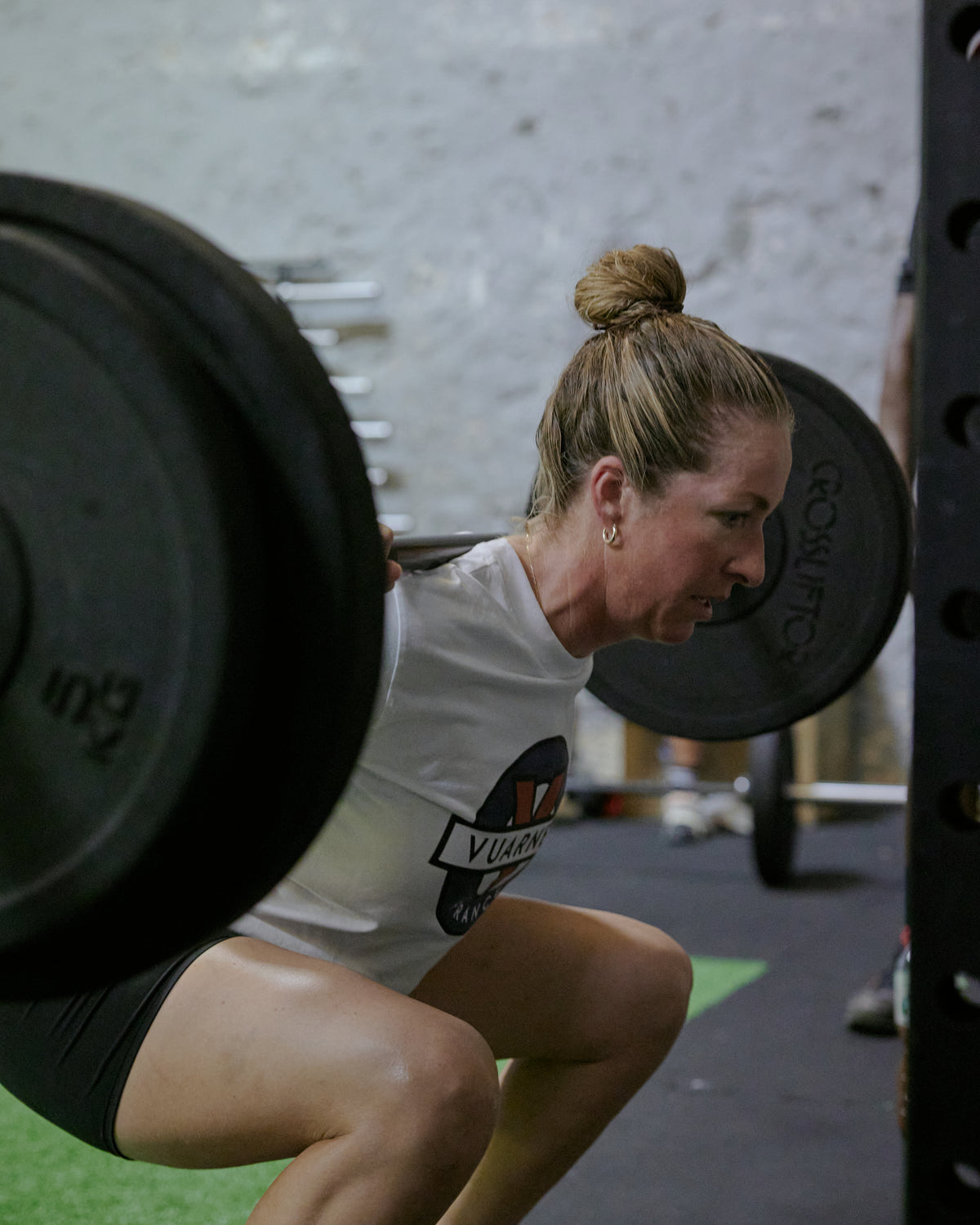
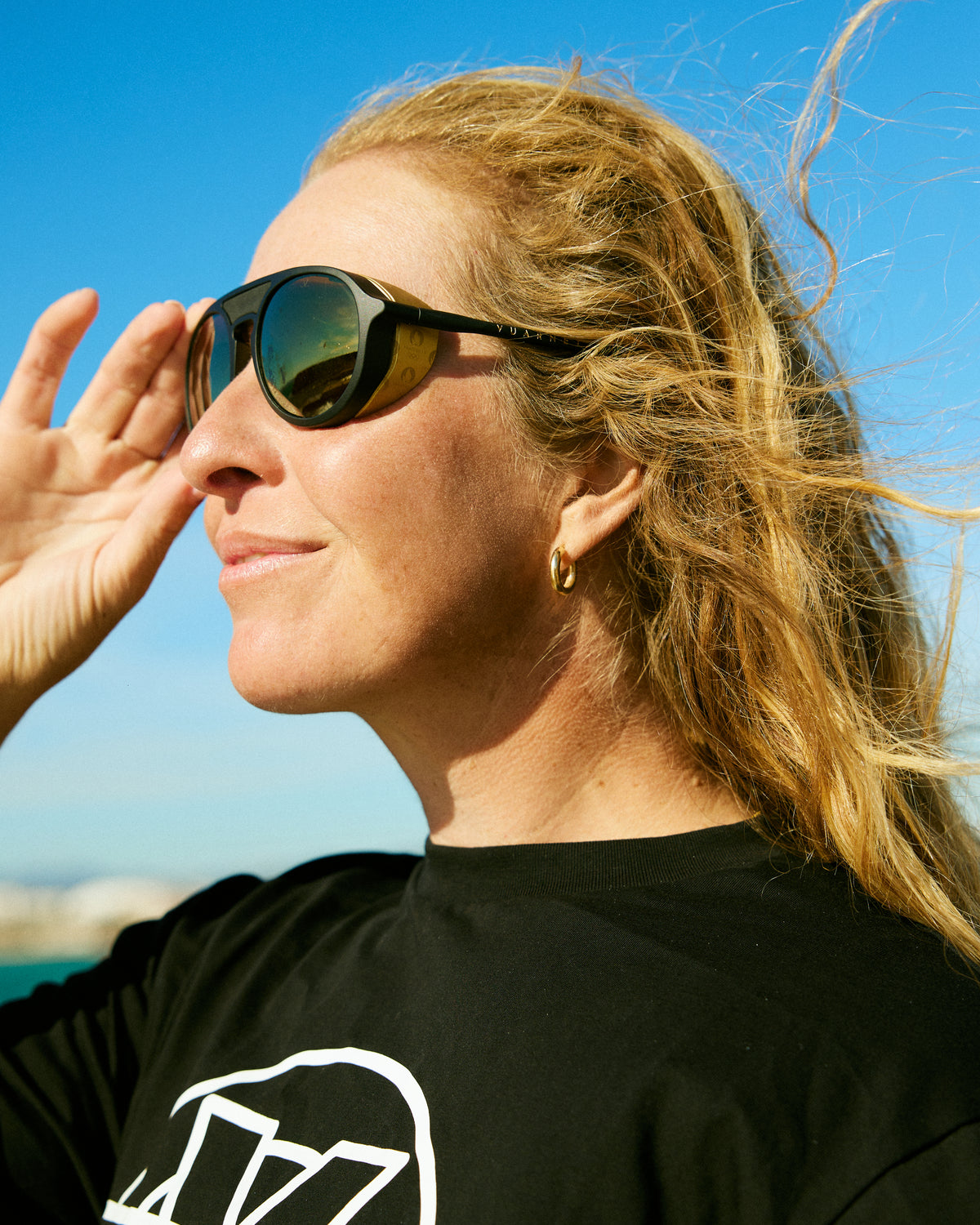
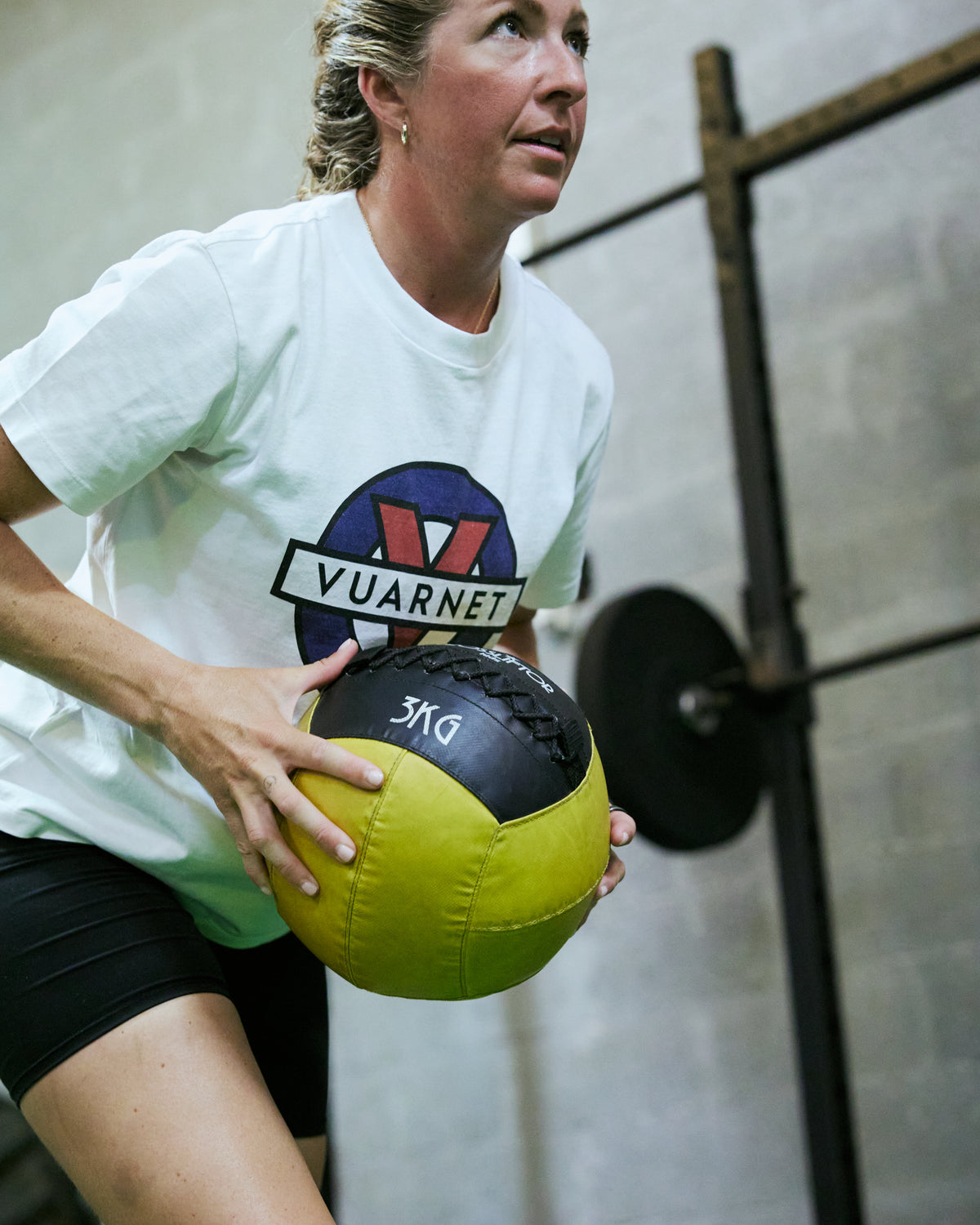
What is the sailing community like?
Sailing is a community that needs each other. When we sail around the world, there's often times where we'll break something and we won't have a part and we have to reach out to our training partners and you just can't compete without each other. And then there's our collaboration on the water. We don't have locker rooms. We all share the same boat park.
It's essential to our performance on the water to have good relationships. For the past few months leading up to the Olympics, we've been training with Portuguese and Italian teams and we're really grateful for that relationship. We've just built a base in Marseille and spent countless hours together testing different equipment and learning the conditions and going out to dinner and enjoying each other's company.
What do you hope to take from Paris 2024?
After the last Olympics, it was really hard to come home and kind of reintegrate into life again. And so this Olympics, I kind of know what comes after. And I hope to be able to take the lessons that I've learned over the past three years of training for these Games and become a stronger person.
